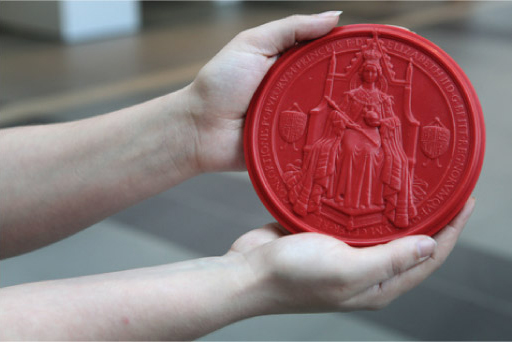2.3 Law making in the Scottish Parliament
The Scotland Act 1998 provided minimum requirements for the process to be followed by the Parliament in creating law by considering and passing Bills.
When a Bill is introduced to the Parliament there are three stages that it must go through. There is then a process of Royal Assent.
- Stage 1 involves consideration of the general principles of the Bill by the parliamentary committee designated to deal with it. The committee will report back to Parliament and, if Parliament agrees to the Bill’s general principles, it will be referred back to the committee.
- Stage 2 entails detailed consideration of the Bill, including any amendment proposed to it by the Executive and MSPs.
- Stage 3 is where final consideration of the Bill takes place and the Parliament votes on whether or not the Bill should be passed.
One of the unique features of the Scottish Parliament is its openness. There are processes for wide consultation, an open evidence process at committees, and members of the public and interested parties are able to liaise directly with MSPs to lobby for amendments to a Bill. The Scottish Parliament has received international recognition for this level of openness.
A Bill, once passed, must be submitted by the Presiding Officer of the Scottish Parliament for Royal Assent. This is done after a period of four weeks.
During that time, the Bill may be subject to legal challenge by the Advocate General for Scotland, the Lord Advocate or the Attorney General, and may also be subject to an order made by the Secretary of State. The Presiding Officer may, however, submit the Bill for Royal Assent after less than four weeks if notified by all three Law Officers and the Secretary of State that they do not intend to exercise their powers of legal challenge.
Royal Assent, when the Bill becomes an Act, is treated as taking place at the beginning of the day on which Letters Patent signed by the Monarch are recorded in the Register of the Great Seal by the Keeper of the Registers of Scotland.

